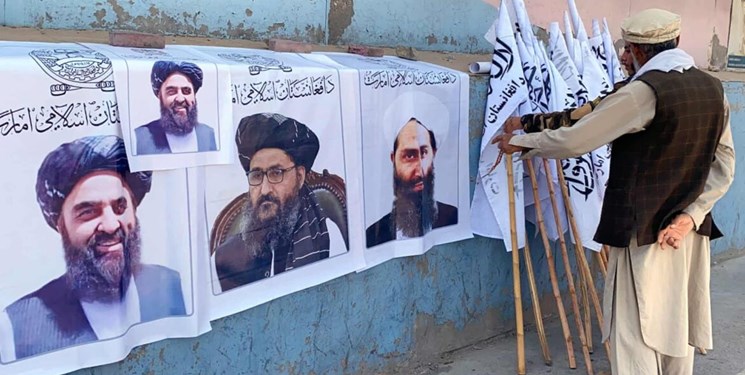RASC News Agency: The Sunday Guardian of India has reported that senior Taliban officials are actively pursuing stronger ties with New Delhi in a bid to reduce Pakistan’s dominance in Afghanistan. According to the report, the Taliban are keen to expand relations with India, viewing such a partnership as a strategic move to distance themselves from Pakistan’s influence. The Taliban have reportedly proposed that India invest in Afghanistan’s trade, healthcare, and education sectors to decrease the nation’s dependency on Pakistan. This overture includes a request for India to resume educational scholarships for Afghanistani students, signaling the Taliban’s interest in fostering long-term bilateral relations.
In a significant gesture, the Taliban have nominated Najib Shaheen, the son of Suhail Shaheen, to represent Afghanistan as ambassador in New Delhi. This move highlights their intention to establish formal diplomatic ties with India, which they believe could help diminish Pakistan’s regional leverage. The Sunday Guardian claims that the Taliban have repeatedly expressed their eagerness to engage with India. They consider this an opportune time to deepen ties, emphasizing that such collaboration could strategically weaken Pakistan’s standing in the region. Despite these overtures, the Taliban’s relationship with Pakistan is deeply rooted. For two decades, Pakistan’s military and intelligence services supported the Taliban’s insurgency against Afghanistan’s former government. Within Afghanistan, the Taliban are widely viewed as an extremist and ethnonationalist group that has perpetuated instability.
In parallel, the Taliban have recently appealed to Russia for enhanced cooperation and economic opportunities. During a meeting in Kabul with Russian National Security Council officials, Taliban representatives sought increased engagement to bolster their international relations. The Taliban’s pivot toward India and Russia reflects their effort to diversify diplomatic ties as their reliance on Pakistan wanes amid growing regional and global challenges.






